etiquette (Page 5)
Pays thoughtful youth a compliment while demonstrating how sometimes “kindness flies like a boomerang.”
In a country famous for its manners and famous for its trains, of course there are plenty of train manners to keep in mind.
Survey finds a big, and surprising, gap between what young and old people think is acceptable behavior.
Love Liver stretches his anime idols out for a relaxing ride, but online critics aren’t a fan of his manners.
With midwinter-level cold and rain at the outdoor Tokyo Marathon awards ceremony, Yuriko Koike wanted to warm her hands, but started a firestorm.
These new train safety ads tell travelers that any friends who’d drop you for a late response aren’t friends at all.
Pretty much everyone agrees that soy sauce for fish is a must, but what about the most popular kind of non-seafood sushi?
Rice is part of almost every traditional Japanese meal, but should the rest of the meal be part of the rice?
Guidebooks love to say it’s because Japanese people think tipping is rude, but that’s not even close to the whole story.
Second-generation fried food eating aid is available now, makes signature dish glove-licking good!
Do you have what it takes to rub shoulders properly in Japan? Not literally though, that would be rude.
Help keep Japan’s convenience stores convenient by learning and following these six Japanese etiquette points.


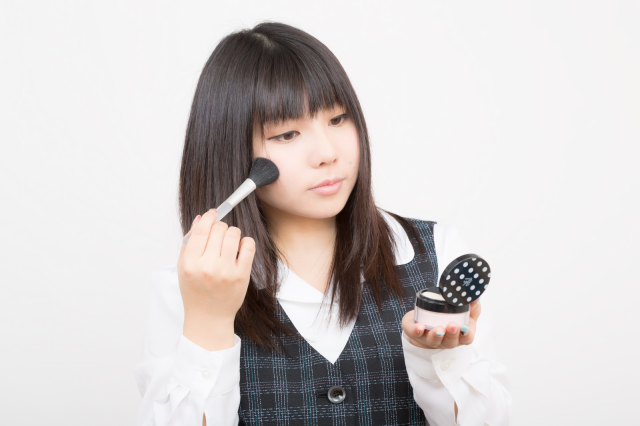

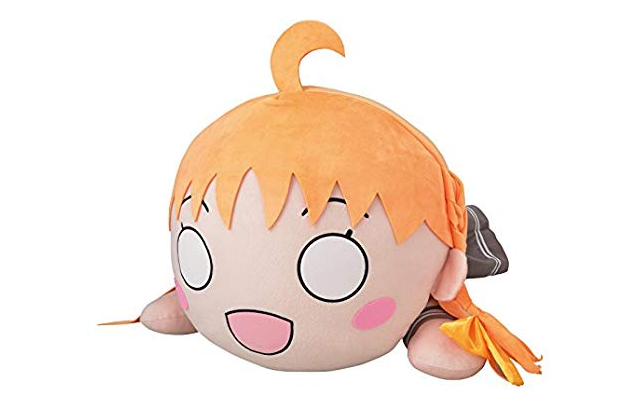
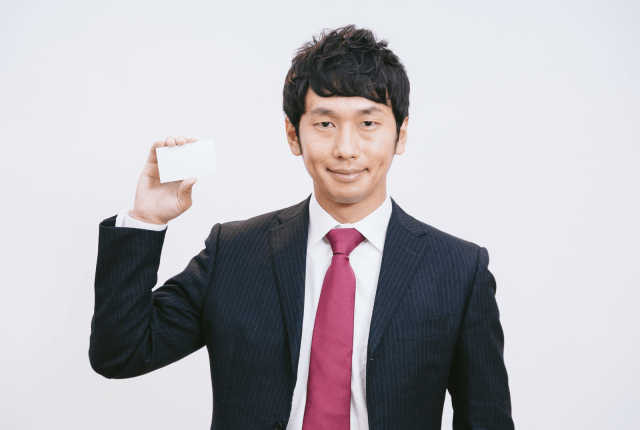
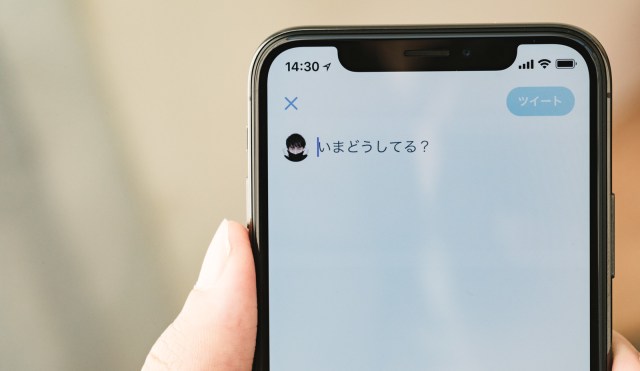
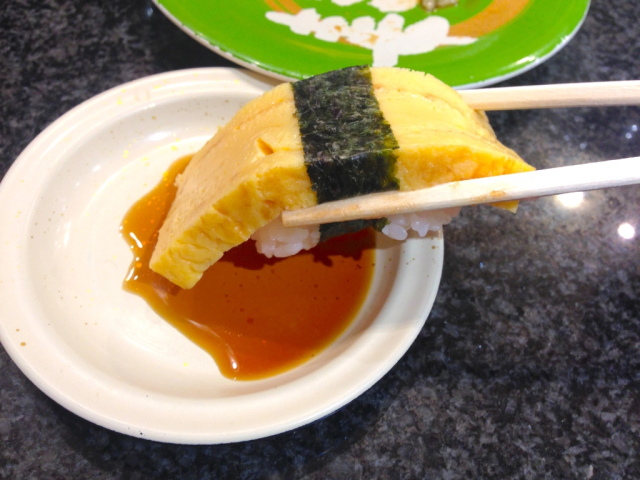
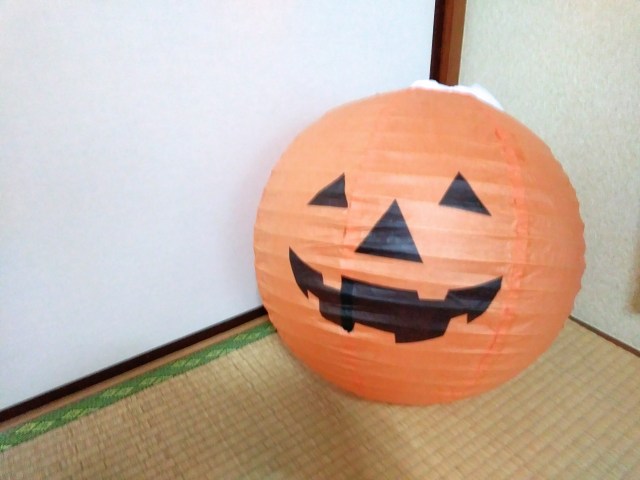
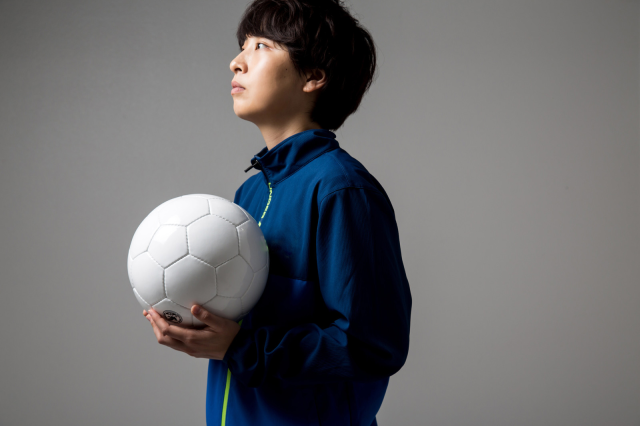
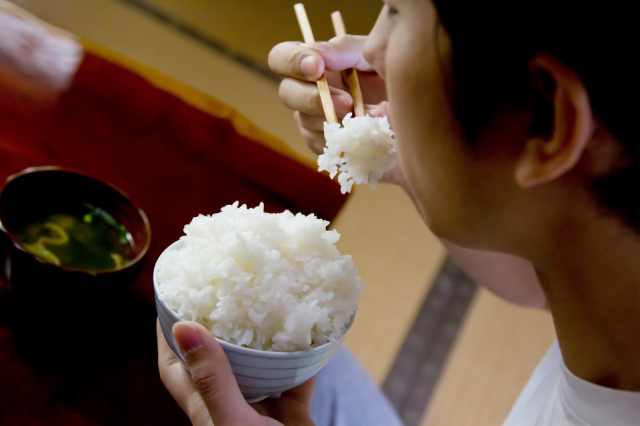

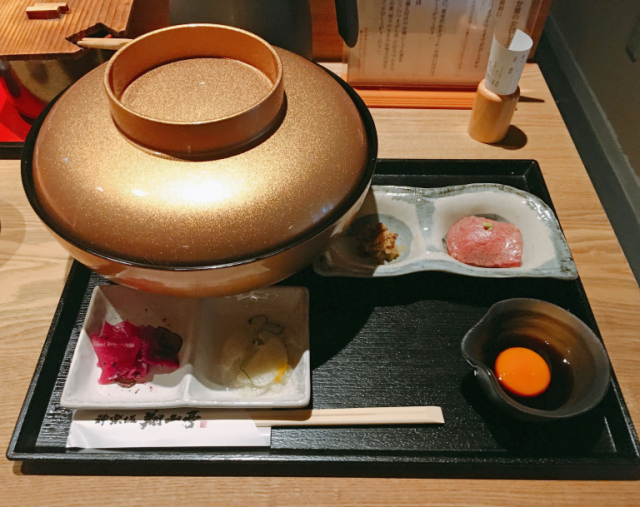
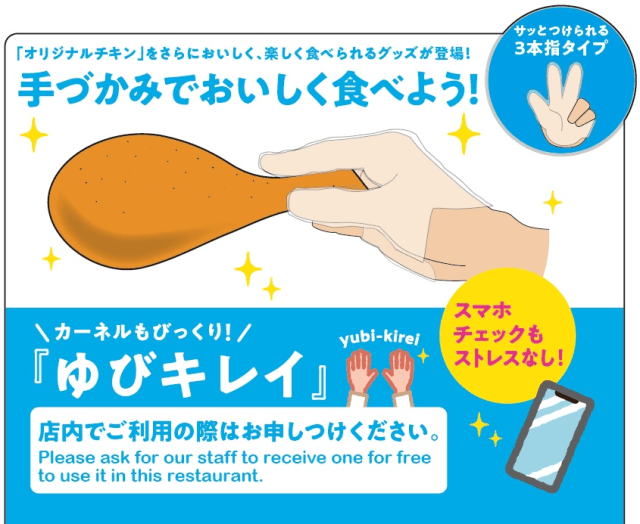
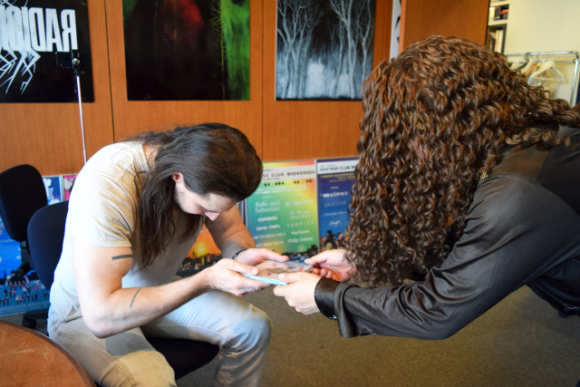
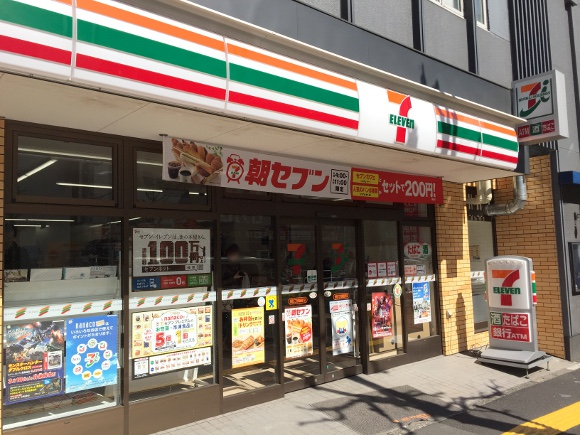
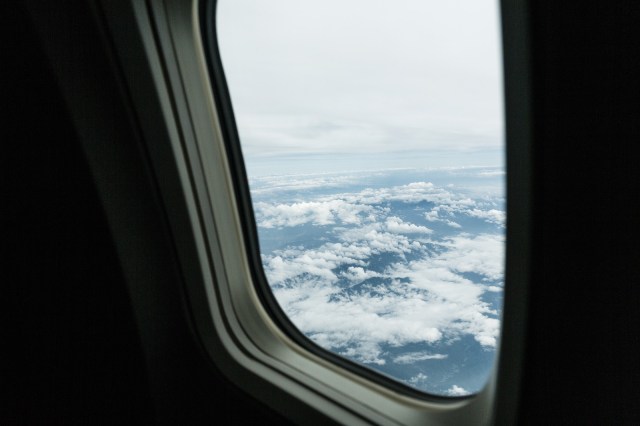
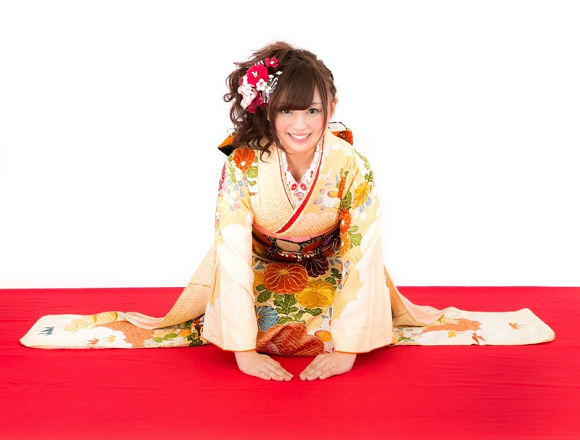

 Japan’s newest Shinkansen has no seats…or passengers [Video]
Japan’s newest Shinkansen has no seats…or passengers [Video] Foreigners accounting for over 80 percent of off-course skiers needing rescue in Japan’s Hokkaido
Foreigners accounting for over 80 percent of off-course skiers needing rescue in Japan’s Hokkaido Paying for prostitution isn’t illegal in Japan, but it could be soon
Paying for prostitution isn’t illegal in Japan, but it could be soon Man in Japan takes four parakeets hostage in attempt to force woman to meet with him
Man in Japan takes four parakeets hostage in attempt to force woman to meet with him Japan may finally abolish law that bans women only from remarrying soon after divorce
Japan may finally abolish law that bans women only from remarrying soon after divorce Human pyramids continue in Kobe schools as injuries mount to 51, mayor’s pleas to stop unanswered
Human pyramids continue in Kobe schools as injuries mount to 51, mayor’s pleas to stop unanswered When is the right time for a love confession in Japan?
When is the right time for a love confession in Japan? Park in Japan offers special love confession plans with 6 million lights
Park in Japan offers special love confession plans with 6 million lights Cupcakes almost too beautiful to eat! Adding a Japanese touch to cake decorating
Cupcakes almost too beautiful to eat! Adding a Japanese touch to cake decorating A spotlight on Japanese singles figure skating: Jumping into the 2026 Olympics【Pt. II】
A spotlight on Japanese singles figure skating: Jumping into the 2026 Olympics【Pt. II】 Is China’s don’t-go-to-Japan warning affecting the lines at a popular Tokyo gyukatsu restaurant?
Is China’s don’t-go-to-Japan warning affecting the lines at a popular Tokyo gyukatsu restaurant? Three beautiful places to see Japan’s plum blossoms after starting your day in downtown Tokyo
Three beautiful places to see Japan’s plum blossoms after starting your day in downtown Tokyo Downloads of 39-year-old Guns N’ Roses song increase 12,166 percent thanks to Gundam
Downloads of 39-year-old Guns N’ Roses song increase 12,166 percent thanks to Gundam A look back on 40 years of Japanese schools banning stuff
A look back on 40 years of Japanese schools banning stuff Take a trip to Japan’s Dododo Land, the most irritating place on Earth
Take a trip to Japan’s Dododo Land, the most irritating place on Earth Huge Evangelion Unit-01 head appearing in lights in Japan to celebrate anime’s 30th anniversary
Huge Evangelion Unit-01 head appearing in lights in Japan to celebrate anime’s 30th anniversary New Family Mart cinema opens inside Japanese airport
New Family Mart cinema opens inside Japanese airport Man arrested in Japan after leaving car in coin parking lot for six years, racking up three-million-yen bill
Man arrested in Japan after leaving car in coin parking lot for six years, racking up three-million-yen bill Starbucks Japan releases new drinkware and goods for Valentine’s Day
Starbucks Japan releases new drinkware and goods for Valentine’s Day Japan releases first official sakura cherry blossom forecast for 2026
Japan releases first official sakura cherry blossom forecast for 2026 Archfiend Hello Kitty appears as Sanrio launches new team-up with Yu-Gi-Oh【Pics】
Archfiend Hello Kitty appears as Sanrio launches new team-up with Yu-Gi-Oh【Pics】 China’s don’t-go-to-Japan warning looks to be affecting tourist crowds on Miyajima
China’s don’t-go-to-Japan warning looks to be affecting tourist crowds on Miyajima Studio Ghibli releases new “komorebi” plush toys from Princess Mononoke and Spirited Away
Studio Ghibli releases new “komorebi” plush toys from Princess Mononoke and Spirited Away Yokai are descending upon Tokyo this spring in the latest immersive art experience
Yokai are descending upon Tokyo this spring in the latest immersive art experience Japan’s Naruto theme park now offering real-world version of Minato’s kunai ninja weapon
Japan’s Naruto theme park now offering real-world version of Minato’s kunai ninja weapon New Studio Ghibli stamps leave an impression on your stationery…and your heart
New Studio Ghibli stamps leave an impression on your stationery…and your heart Survey asks foreign tourists what bothered them in Japan, more than half gave same answer
Survey asks foreign tourists what bothered them in Japan, more than half gave same answer Japan’s human washing machines will go on sale to general public, demos to be held in Tokyo
Japan’s human washing machines will go on sale to general public, demos to be held in Tokyo We deeply regret going into this tunnel on our walk in the mountains of Japan
We deeply regret going into this tunnel on our walk in the mountains of Japan Studio Ghibli releases Kodama forest spirits from Princess Mononoke to light up your home
Studio Ghibli releases Kodama forest spirits from Princess Mononoke to light up your home Major Japanese hotel chain says reservations via overseas booking sites may not be valid
Major Japanese hotel chain says reservations via overseas booking sites may not be valid Put sesame oil in your coffee? Japanese maker says it’s the best way to start your day【Taste test】
Put sesame oil in your coffee? Japanese maker says it’s the best way to start your day【Taste test】 No more using real katana for tourism activities, Japan’s National Police Agency says
No more using real katana for tourism activities, Japan’s National Police Agency says Starbucks Japan reveals new sakura drinkware collection, inspired by evening cherry blossoms
Starbucks Japan reveals new sakura drinkware collection, inspired by evening cherry blossoms Updated cherry blossom forecast shows extra-long sakura season for Japan this year
Updated cherry blossom forecast shows extra-long sakura season for Japan this year Human pyramids continue in Kobe schools as injuries mount to 51, mayor’s pleas to stop unanswered
Human pyramids continue in Kobe schools as injuries mount to 51, mayor’s pleas to stop unanswered When is the right time for a love confession in Japan?
When is the right time for a love confession in Japan? Park in Japan offers special love confession plans with 6 million lights
Park in Japan offers special love confession plans with 6 million lights Cupcakes almost too beautiful to eat! Adding a Japanese touch to cake decorating
Cupcakes almost too beautiful to eat! Adding a Japanese touch to cake decorating A spotlight on Japanese singles figure skating: Jumping into the 2026 Olympics【Pt. II】
A spotlight on Japanese singles figure skating: Jumping into the 2026 Olympics【Pt. II】 Reveal your inner fashion samurai with traditional clothes for the modern world
Reveal your inner fashion samurai with traditional clothes for the modern world Shimane has a secret hot spring town that feels like stepping into an old Japanese film
Shimane has a secret hot spring town that feels like stepping into an old Japanese film Starbucks Japan releases new Ruby Chocolate Frappuccino for Valentine’s Day
Starbucks Japan releases new Ruby Chocolate Frappuccino for Valentine’s Day Japan law lets you claim reward for finding lost property, man may have scammed it over 60 times
Japan law lets you claim reward for finding lost property, man may have scammed it over 60 times New unlimited-ride JR Japan rail pass is perfect for a laid-back trip in east and northeast Japan
New unlimited-ride JR Japan rail pass is perfect for a laid-back trip in east and northeast Japan Is a love confession necessary for a romantic relationship in Japan?【Survey】
Is a love confession necessary for a romantic relationship in Japan?【Survey】 Cherry blossom forecasts map shows Japan’s OTHER sakura season is starting right now
Cherry blossom forecasts map shows Japan’s OTHER sakura season is starting right now Yubaba and Zeniba pen stands from Studio Ghibli capture the magic of Spirited Away
Yubaba and Zeniba pen stands from Studio Ghibli capture the magic of Spirited Away